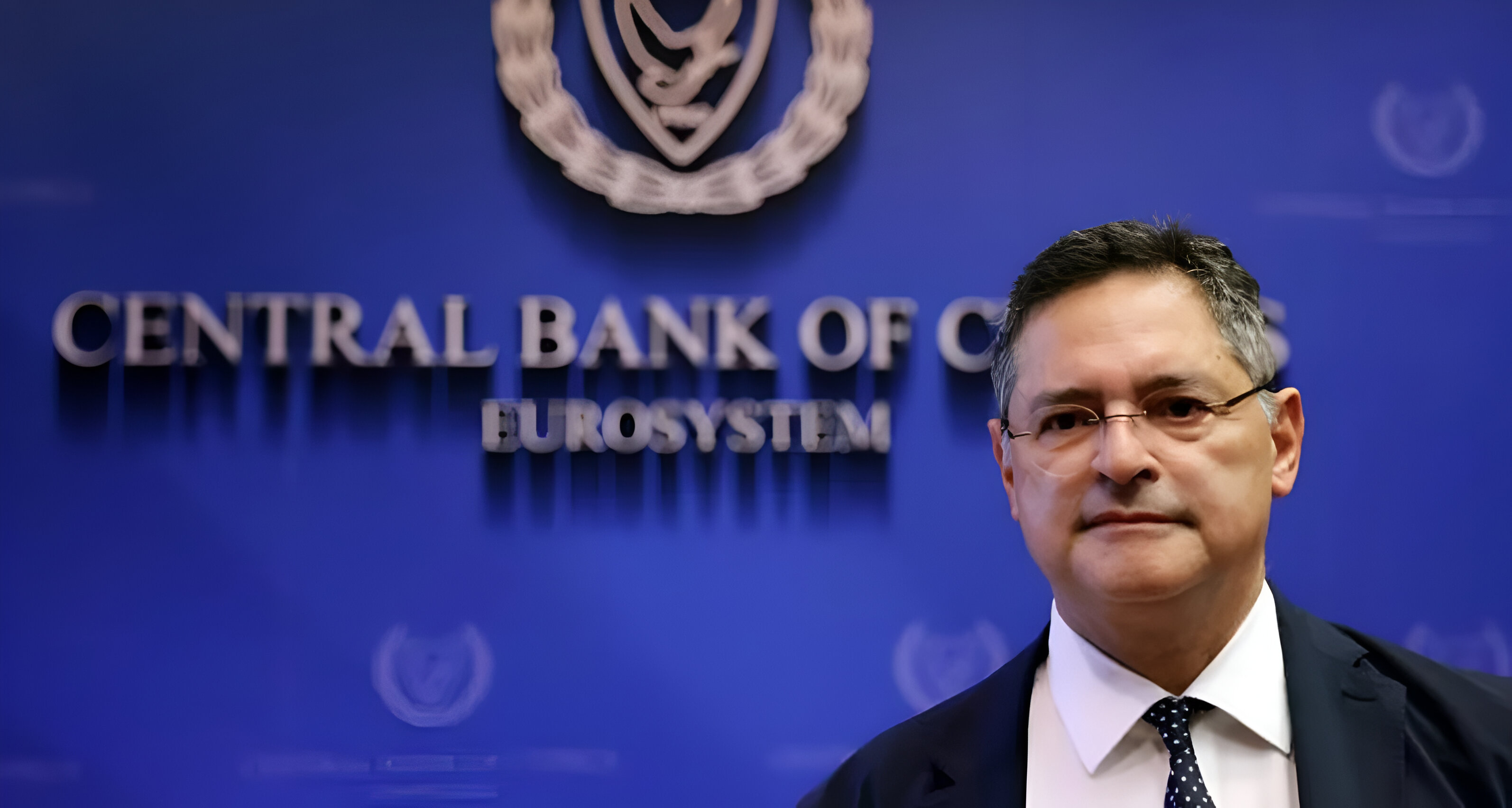Banks in Cyprus should not treat ordinary people with the same level of strictness as they do large organisations and investors, governor the Central Bank (CBC) Christodoulos Patsalides said on Saturday.
“A salaried employee, with no other income, should not be treated with the same severity as an investor or a company with complex transactions. In other words, the principle of proportionality should be respected,” he said in an interview with Phileleftheros.
“Safeguarding the country’s good name is of the utmost importance and necessary for the smooth functioning and development of the economy. However, this should in no way lead credit institutions to over-demand documentation for low-risk customers.”
Credit institutions, he said, must treat customers with respect, especially the elderly and vulnerable.
“These categories of citizens should under no circumstances be cut off from basic banking services. Credit institutions are therefore expected to adjust their policies where necessary in this direction.”
The CBC, he added, has consulted with the Association of Cyprus Banks and other bodies to simplify the Anti-Money Laundering and Countering the Financing of Terrorism Directive to ensure compliance with the principle of proportionality, saying the relevant amendment would be issued by the Central Bank soon.
But credit institutions are obliged to take all necessary measures to prevent the use of the financial system for illicit activities and terrorist financing, he said.
Cyprus, he said, continues to rank among the Eurozone countries with high borrowing costs, which although converging towards the Eurozone average, credit institutions must take a holistic approach and integrate, among other things, the social dimension into their decision-making processes.
“Credit institutions that invest in building long-term relationships with customers and meaningfully respond to society’s needs not only enhance citizens’ trust but also contribute to the stability of the banking system”.
At the same time, Patsalides said the Cyprus economy has demonstrated significant resilience and flexibility, despite the geopolitical and other shocks of recent years, recording growth rates higher than the euro area average.
The banking sector today has very high ratios of capital adequacy, liquidity and profitability, among the highest in the euro area, he added.
Profitability, he said, amounted to 20 per cent in December 2024, compared to the 10.5 per cent European average.
“In these circumstances, foreign investment is a vote of confidence in both the Cypriot banking system and the Cypriot economy,” Patsalides said referring to the merging of local banking institutions with those of Greece.
“These actions strengthen resilience and enhance the credibility of the Cypriot banking system.”
Meanwhile, he said, that the successive imposition of tariffs and the general tightening of global trade relations in recent times have caused great instability in global markets and reinforced macroeconomic uncertainty.
“Unfortunately, this in turn disrupts all economic activity. Obviously, this fledgling web of emerging risks will not leave the banking sector unaffected.”
While the direct impact on Cypriot credit institutions may be limited, the indirect effects may become significant. These broader economic shocks may cause difficulties for both businesses and households.
“This in turn increases the need to safeguard and further strengthen the capital resilience of credit institutions.”






Click here to change your cookie preferences